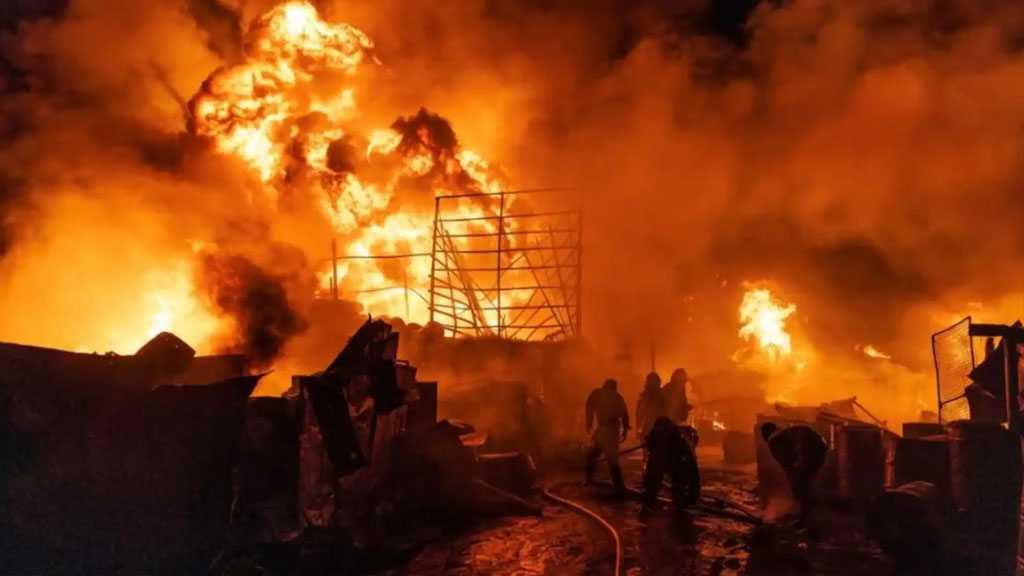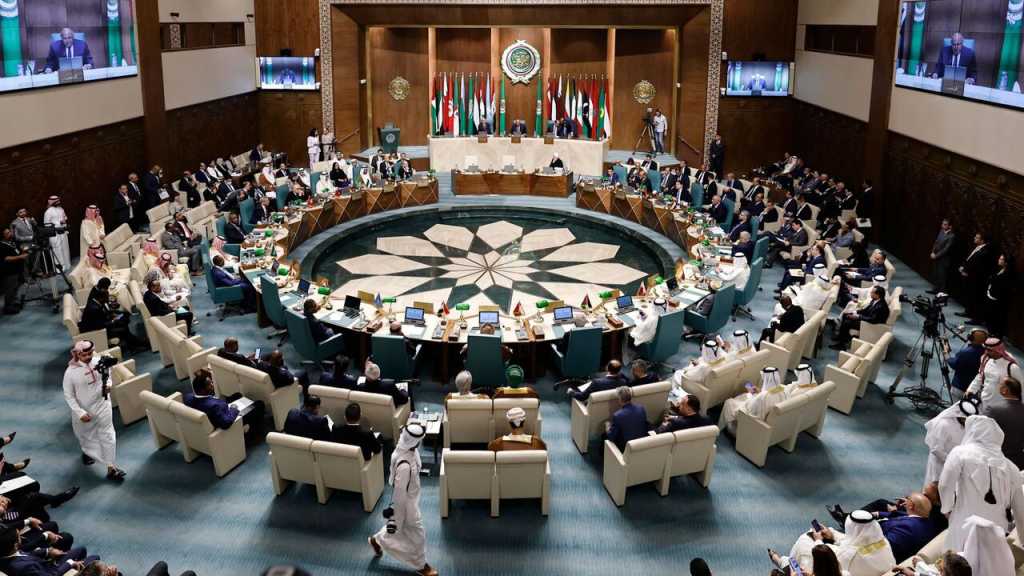Human Rights Groups: Tigray Has Been the Scene of “Ethnic Cleansing”
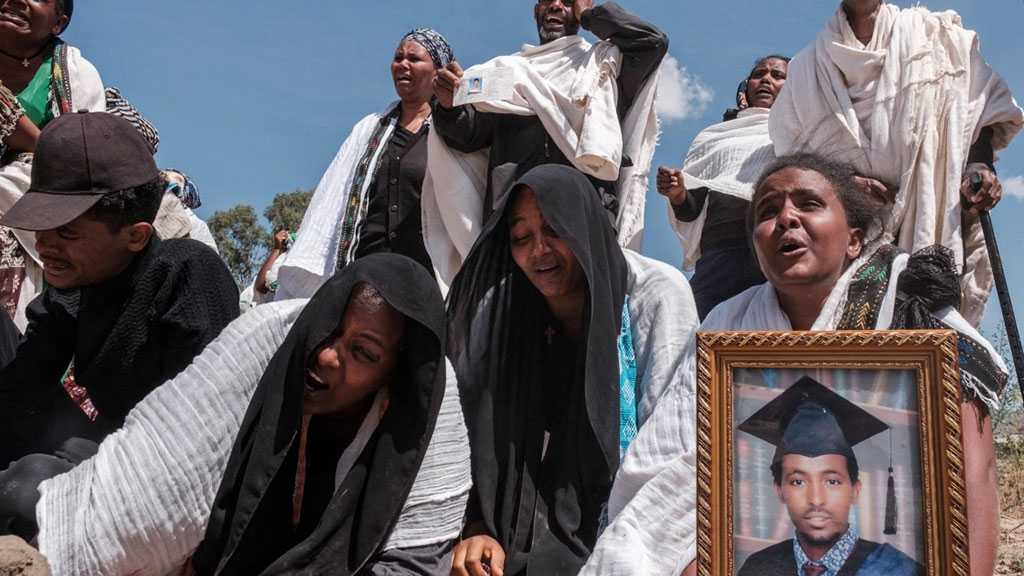
By Staff, Agencies
Ethiopian paramilitaries have carried out a campaign of ethnic cleansing in Tigray, forcing hundreds of thousands of people from their homes using threats, killings and sexual violence, according to a joint report by Human Rights Watch and Amnesty International.
The rights groups accuse officials and paramilitaries from the neighboring Amhara region of war crimes and crimes against humanity in western Tigray, in northern Ethiopia.
“Since November 2020, Amhara officials and security forces have engaged in a relentless campaign of ethnic cleansing to force Tigrayans in western Tigray from their homes,” said Kenneth Roth, director of HRW.
According to the report, militias from Amhara joined the Ethiopian armed forces and its allies to seize western Tigray in the first few weeks of the war, using indiscriminate shelling and execution to force people to leave.
The report said these forces also put up signs in towns demanding that people leave and made threats to kill civilians who wanted to stay.
The report said government forces were complicit in the alleged crimes. “Ethiopian authorities have steadfastly denied the shocking breadth of the crimes that have unfolded and have egregiously failed to address them,” said Roth.
The report cited a woman who said she had been physically abused by soldiers. She said they had told her they were trying to wipe out Tigrayans and were “purifying your blood”.
A boundary change that formed the western Tigray zone has been disputed since 1992 by Amharas living in the zone, who said Tigrayan forces had suppressed their identity, including through violence.
The report highlights how Tigrayan forces committed war crimes against Amharas during the conflict, including the massacre of Mai Kadra when Tigrayan forces and Tigrayan residents attacked Amharas in the town on 9 November 2020, prompting retaliatory attacks. The UN said more than 200 people were massacred.
Over 15 months, researchers from Amnesty and HRW interviewed more than 400 people, including interviews with Tigrayan and Amhara residents, and Tigrayan refugees in Sudan. Researchers also consulted medical and forensic reports, court documents, satellite imagery, and photographic and video evidence.
Agnes Callamard, Amnesty International’s secretary general, said the level of abuse of civilians had not been taken seriously enough internationally. “The response of Ethiopia’s international and regional partners has failed to reflect the gravity of the crimes that continue to unfold in western Tigray,” she said.
“Concerned governments must help bring an end to the ethnic-cleansing campaign, ensure that Tigrayans are able to safely and voluntarily return home, and make a concerted effort to obtain justice for these heinous crimes.”
Amnesty and HRW also accused Amhara forces and officials of denying humanitarian aid to civilians in western Tigray, an issue the UN has raised concerns about in recent months.
The UN said road closures meant humanitarian agencies were running low on supplies and fuel, forcing six aid organizations to halt their work in February. Last week the first convoy of aid for 100 days reached Tigray’s capital, Mekelle, after a “humanitarian truce” was announced by the Ethiopian prime minister, Abiy Ahmed.
Comments
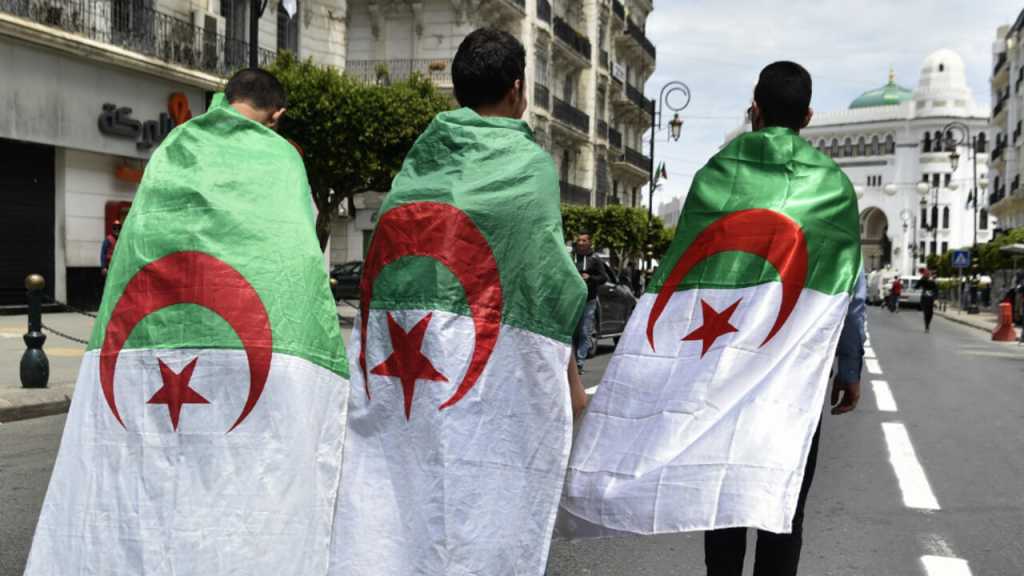
Algeria: Tebboune Wins 2nd Term in Landslide Victory
2 months ago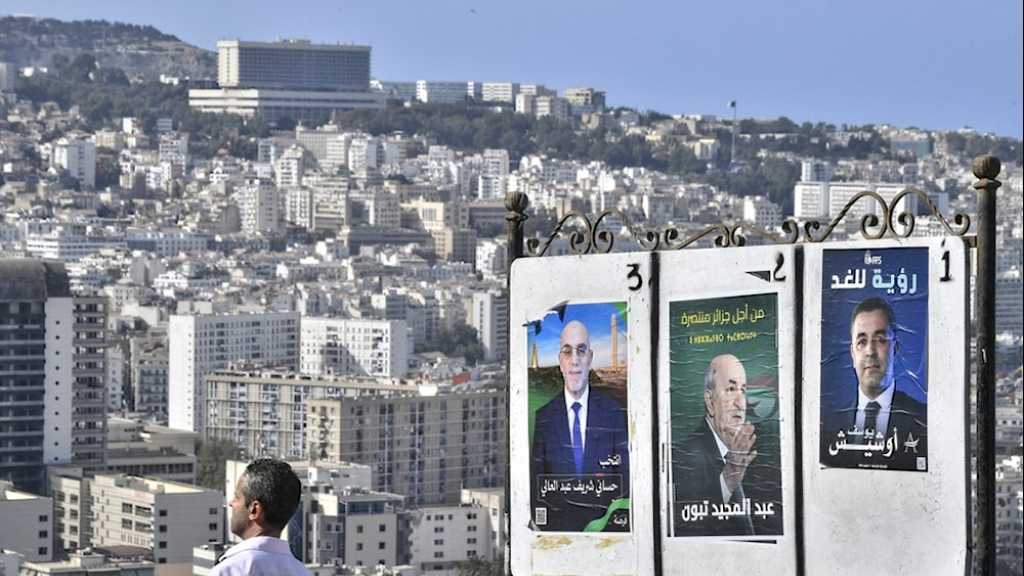
Algerian Elections: Tebboune Eyes New Term
2 months ago